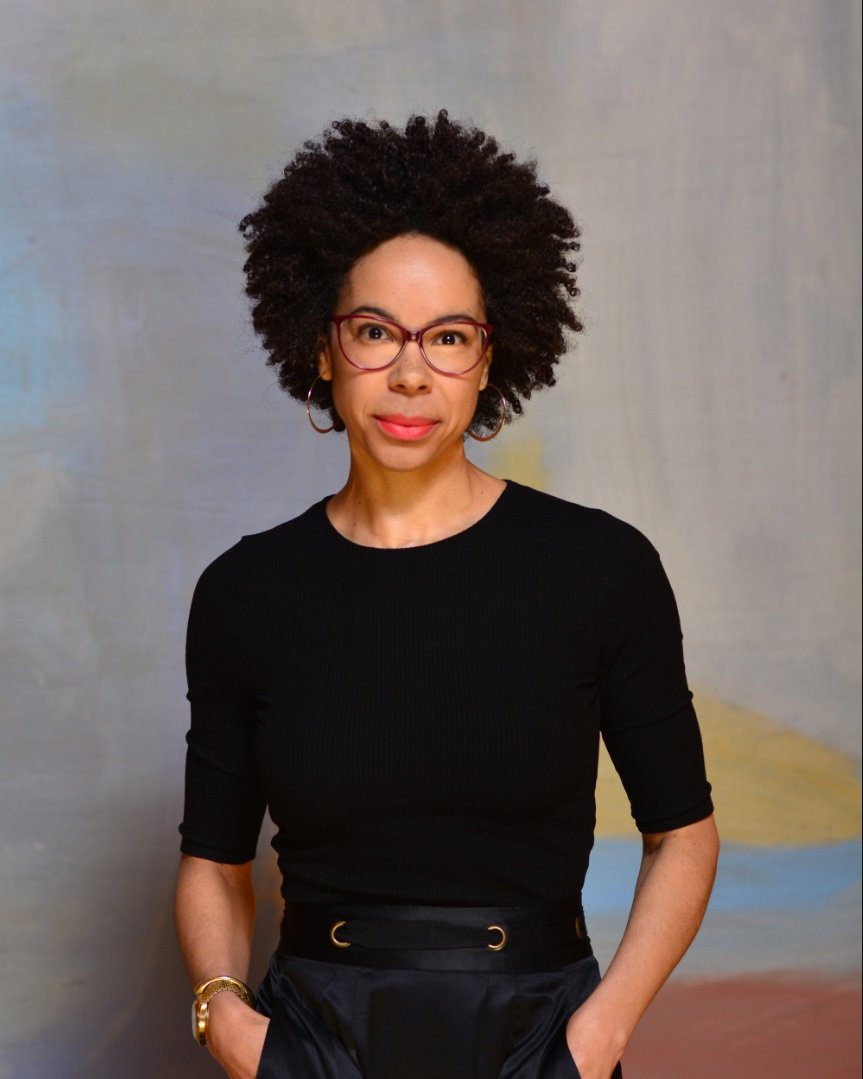About:
This event is the launch of The African American Studies Department yearlong series of virtual conversations on the historical, social and psychological, economic, and political consequences and implications of racial slavery, injustice, and structural inequality in America.
Speaker:
DR. AYANA ELIZABETH JOHNSON
Dr. Ayana Elizabeth Johnson is a marine biologist, policy expert, writer, and Brooklyn native. She is founder of Urban Ocean Lab(link is external), a think tank for the future of coastal cities, and founder and CEO of Ocean Collectiv, a consulting firm for conservation solutions. Recently, she co-created the Blue New Deal(link is external), a roadmap for including the ocean in climate policy. Previously, she was executive director of the Waitt Institute, developed policy at the EPA and NOAA, served as a leader of the March for Science, and taught as an adjunct professor at New York University. Dr. Johnson earned a BA from Harvard University in environmental science and public policy, and a Ph.D. from Scripps Institution of Oceanography in marine biology. She publishes widely, including in The New York Times,(link is external) Washington Post(link is external), Los Angeles Times(link is external), and The Guardian, and she blogs on Scientific American(link is external). She was named one of Elle’s 27 Women Leading on Climate. Outside Magazine called her “the most influential marine biologist of our time.” Her mission is to build community around solutions to our climate crisis. Find her @ayanaeliza.
Moderators:
PROFESSOR HODA MAHMOUDI
Professor Hoda Mahmoudi has held The Bahá’í Chair for World Peace at the University of Maryland, College Park since July 2012. As director of this endowed academic program, Professor Mahmoudi collaborates with a wide range of scholars, researchers, and practitioners to advance interdisciplinary analysis and open discourse on global peace. She contributes to and promotes sound scientific research on peace that expands knowledge and strategies, and explores the role of individuals and institutions in removing obstacles to peace. Before joining the University of Maryland faculty, Professor Mahmoudi served as the coordinator of the Research Department at the Bahá’í World Centre in Haifa, Israel from 2001 to 2012. Prior to that, Dr. Mahmoudi was Dean of the College of Arts and Sciences at Northeastern Illinois University, where she was also a faculty member in the Department of Sociology. Professor Mahmoudi also served as Vice President and Dean of Olivet College, where she was instrumental in a nationally recognized, institutional transformation. In 2019, Professor Mahmoudi published two co-edited volumes Children and Globalization; Multidisciplinary Perspectives is co-edited with Professor Steven Mintz of the University of Texas at Austin, and is published with Routledge. The second volume Interdisciplinary Perspectives on Human Dignity and Human Rights is co-edited with Professor Michael Penn of Franklin and Marshall College, and is published with Emerald Publishing.
PROFESSOR RASHAWN RAY
David M. Rubenstein Fellow in Governance Studies at The Brookings Institution, is Professor of Sociology and Executive Director of the Lab for Applied Social Science Research (LASSR) at the University of Maryland, College Park. He is also one of the co-editors of Contexts Magazine: Sociology for the Public. Formerly, Ray was a Robert Wood Johnson Foundation Health Policy Research Scholar at the University of California, Berkeley. Ray’s research addresses the mechanisms that manufacture and maintain racial and social inequality with a particular focus on police-civilian relations and men’s treatment of women. His work also speaks to ways that inequality may be attenuated through racial uplift activism and social policy. Ray has published over 50 books, articles, and book chapters, and nearly 20 op-eds. Recently, Ray published the book How Families Matter: Simply Complicated Intersections of Race, Gender, and Work (with Pamela Braboy Jackson) and another edition of Race and Ethnic Relations in the 21st Century: History, Theory, Institutions, and Policy, which has been adopted nearly 40 times in college courses.





